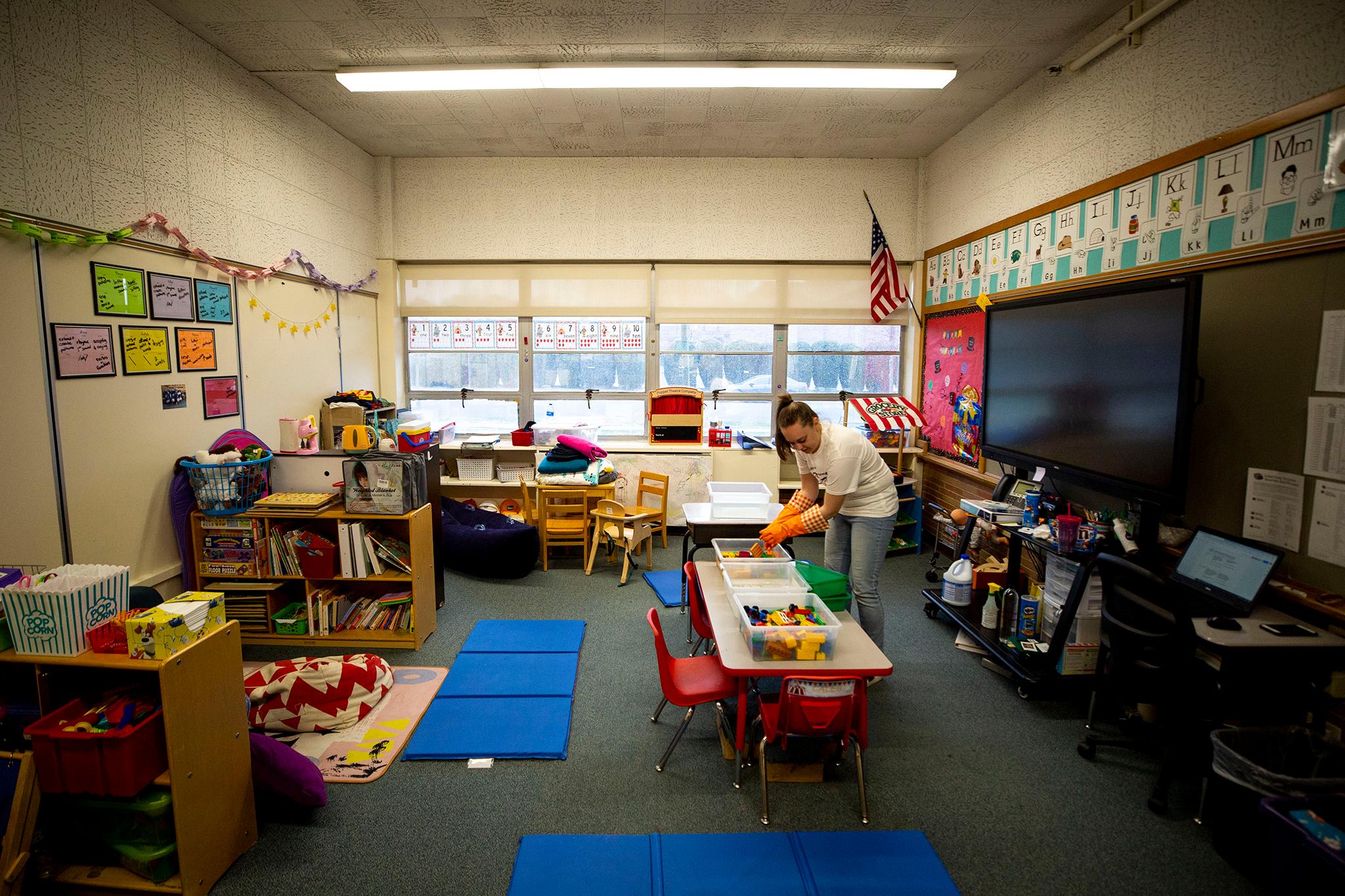Unlike the 2022 midterm ballot, which had seven ballot measures, this fall's election is referring just one question to Denver voters, and it's about the future of preschool funding in the city.
In 2006, Denver voters approved a 0.12% sales tax to create the Denver Preschool Program (DPP). The program provides tuition credits for preschool to families across the city. That measure only funded the program for eight years, so in 2014, voters approved an increase to 0.15% and reauthorized the program.
The program is up for reauthorization again in 2026. But because voters already approved of the program twice, DPP leaders want to make the funding stream permanent.
Here's the language you'll see on the ballot.
"Without raising additional taxes, shall the existing voter-approved fifteen one-hundredths of one percent (0.15%) sales and use tax dedicated to funding the Denver Preschool Program, set to expire on December 31, 2026, be permanently extended until such authority is altered or repealed by the Denver City Council or Denver voters?"
Here's how the program works and how it's been performing.
DPP is open to any Denver families with three- and four-year-olds, regardless of their income level. Grants are offered on a sliding scale, and program leaders prioritize larger grants and full scholarships for the lowest-income families. Families can calculate the amount of credits online.
The program distributed more than $18.3 million in credits to more than 4,300 four-year-olds between 2021 and 2022, according to data from DPP. The average family's grant was $790 per month.
Starting this fall, DPP now operates alongside the new statewide Universal Preschool (UPK) program, which voters statewide approved for the 2023 school year. But rollout of the state program has been shaky, with inaccurate information and decreased hours for some families.
Because UPK does not provide full-day preschool, DPP officials said the programs can work in tandem, rather than create a redundancy, giving families more hours of preschool for their children.
The program's scope has expanded as well. DPP has spent money helping improve preschool quality across the city, and in May, City Council approved changes allowing DPP to create a pilot program helping new preschools get licensed.
Chalkbeat reported in 2014 that a study of the program found that 90% of kids receiving money from DPP were considered school-ready based on national assessments. Other studies found that DPP students performed better than fellow students on state tests in third grade.
Here's who is for and against it.
No groups have organized against the measure.
Voters approved the measure for the second time with around 55% of the vote in 2014.
Because DPP is a taxpayer funded program, staff cannot organize under the umbrella of the DPP organization. Instead, preschool leaders have launched Yes on 2P, in support of the ballot measure.
"We see tremendous growth in those students as they enter kindergarten ready to learn," said campaign spokesperson Lynea Hansen. "Preschool costs our families north of $12,000 a year, and with the Denver preschool program, over 50% of our families are in extreme financial need, meaning they're not making ends meet, and so this program is super vital to just making sure that those kids get the services they need, but also allowing those family members to then return to the workforce."
In May, City Council unanimously voted to allow the measure onto the ballot. Councilmember Amanda Sandoval sponsored the ordinance and serves as the City Council representative on DPP's board. When voting on the measure, she spoke about sending her two kids-both now in college-through the program years ago.
"At the time that my daughter first entered the Denver Preschool Program, I was a stay-at-home mom. And I remember thinking, 'How am I going to afford preschool for my four-year-old daughter?'" Sandoval said in May. "Unbeknownst to me was the Denver Preschool Program. I wasn't aware of it, and I got an email from the preschool that she was going to saying that they were going to help provide financial assistance. It changed my family's life."
Head to our full voter guide for more information about the upcoming school board race, profiles of the candidates and other local and state measures that will appear on Denver's November ballot.












